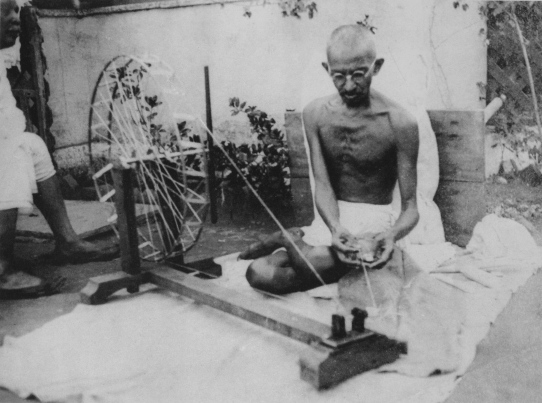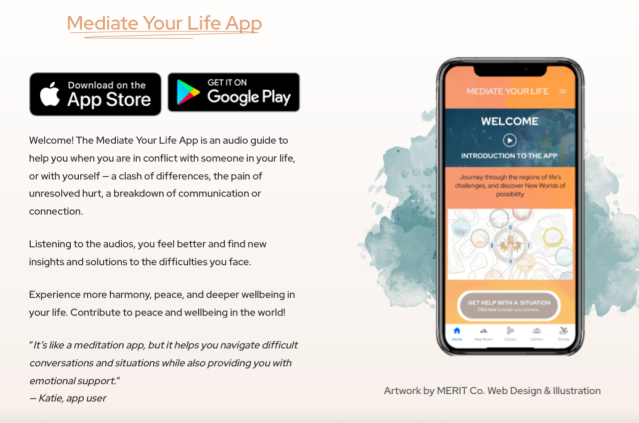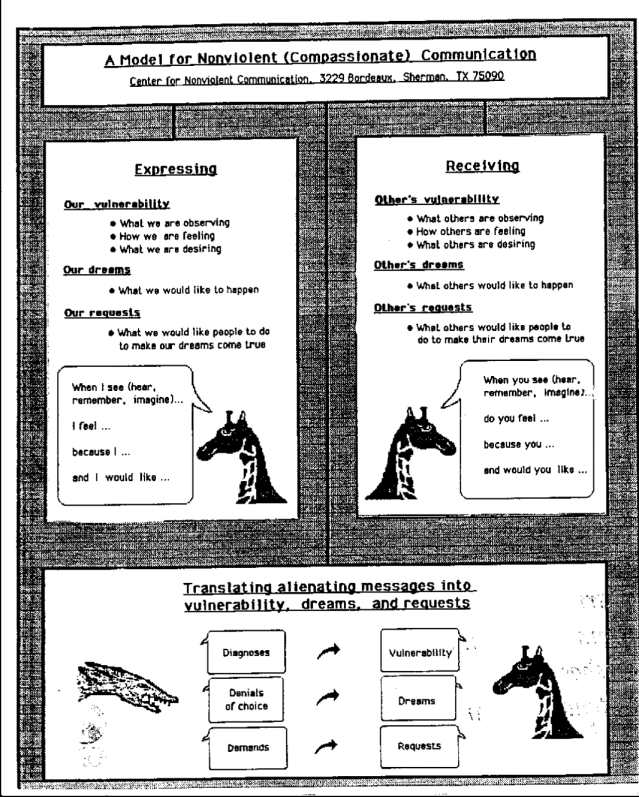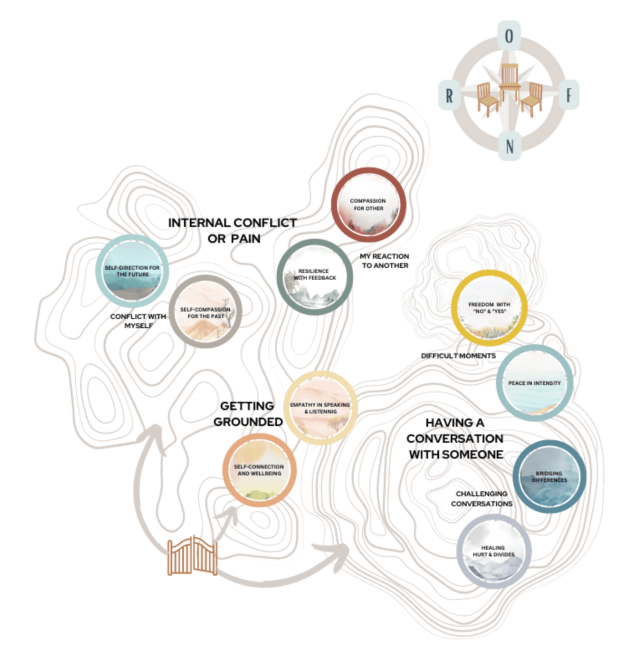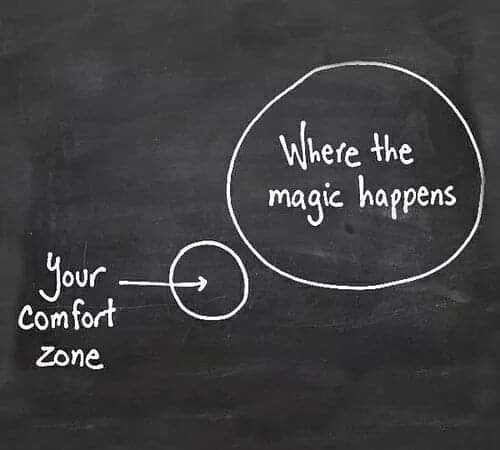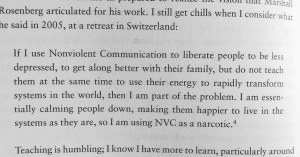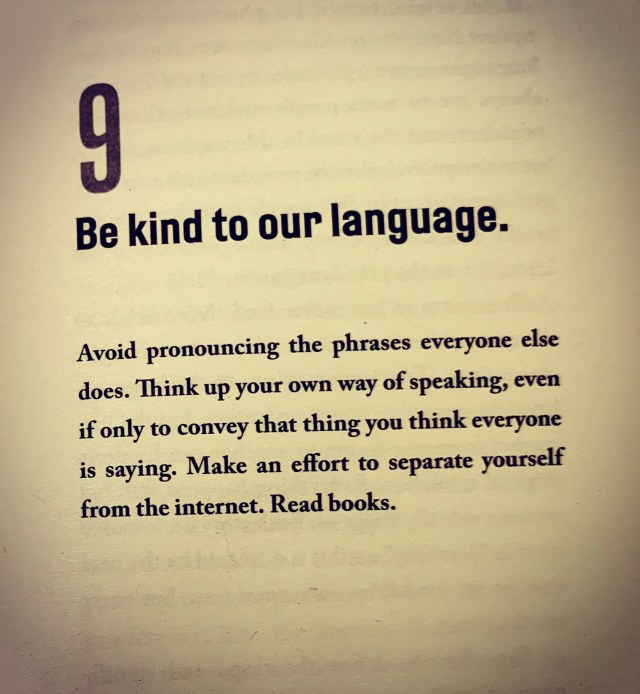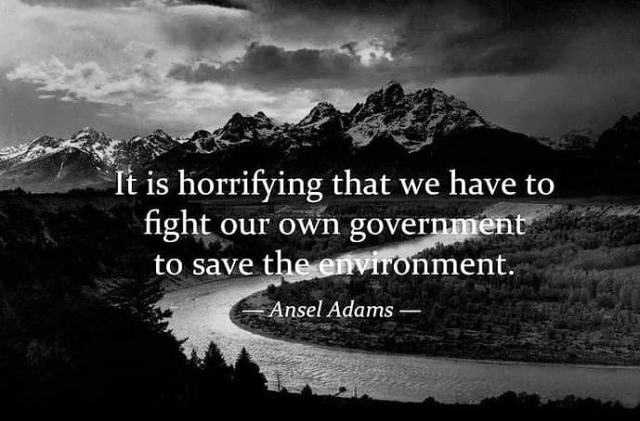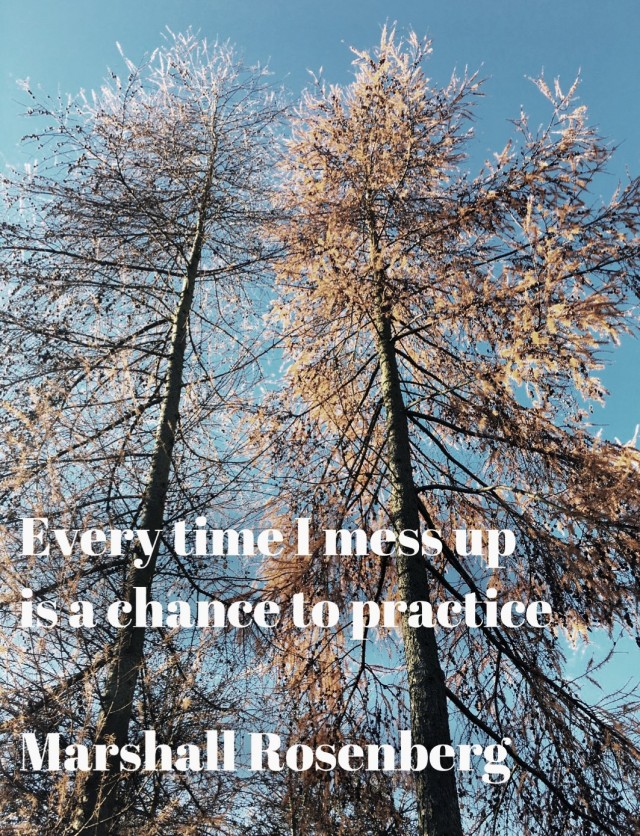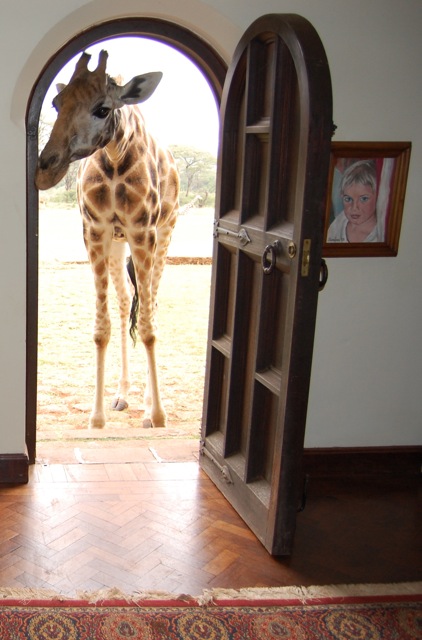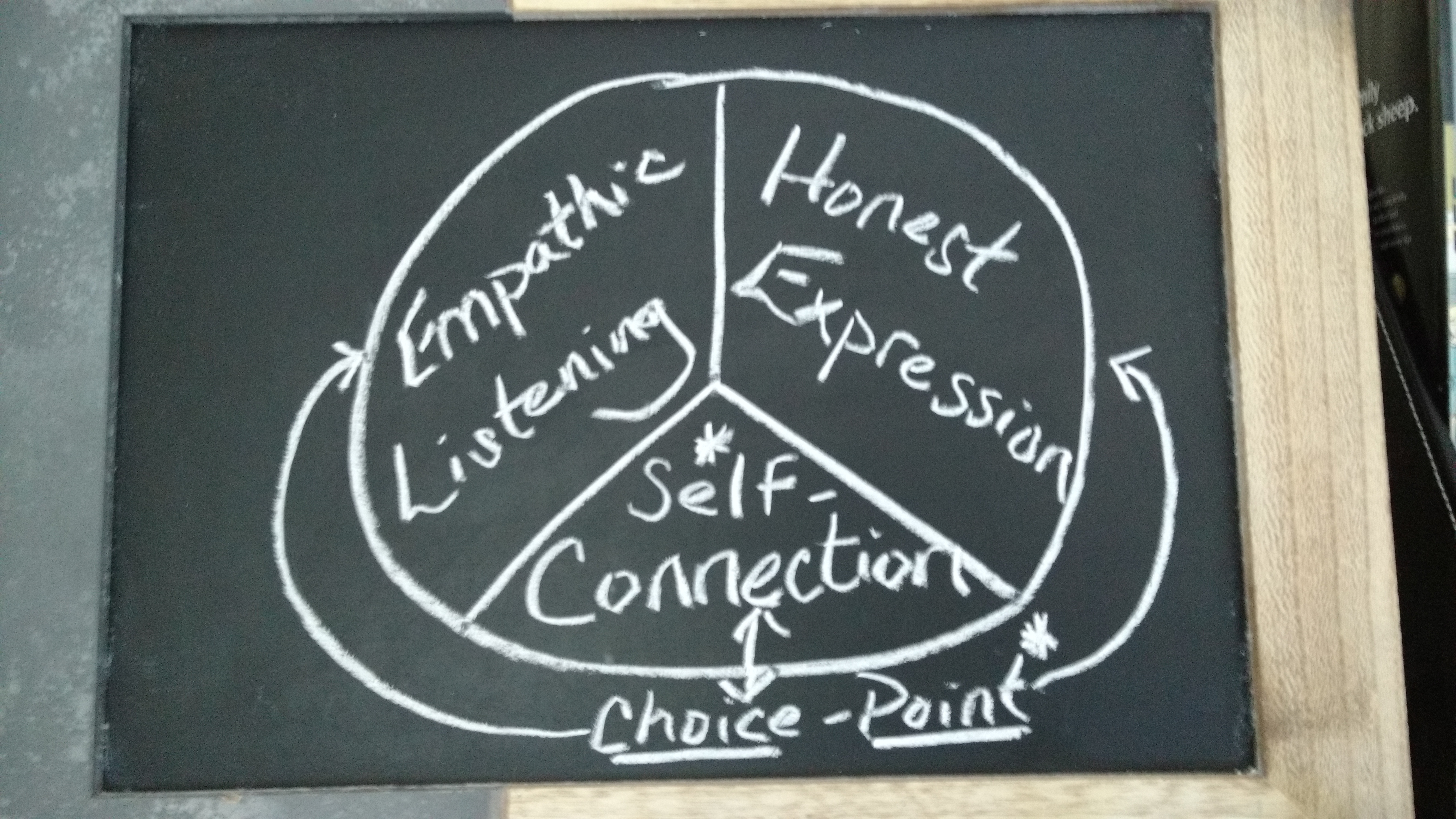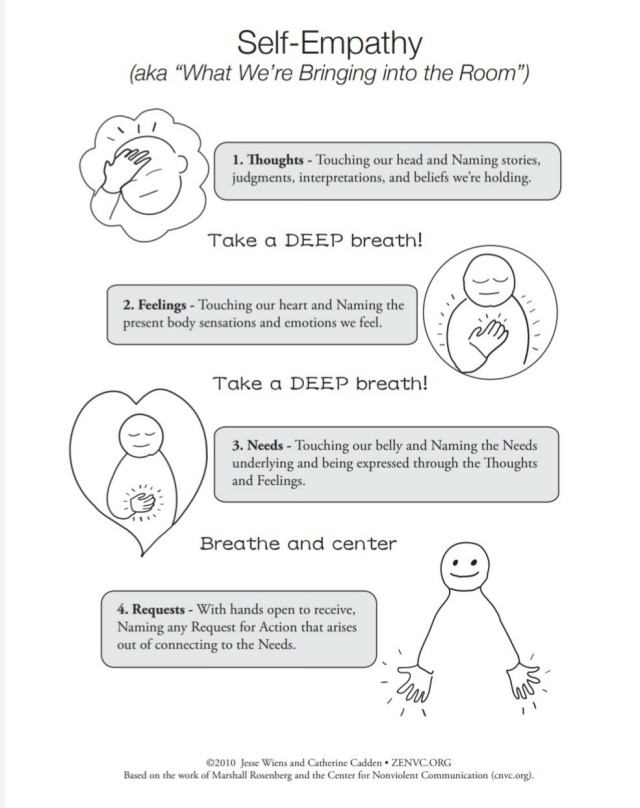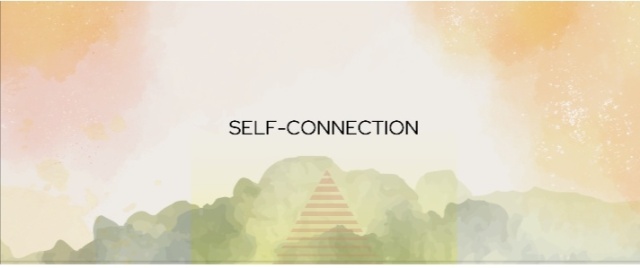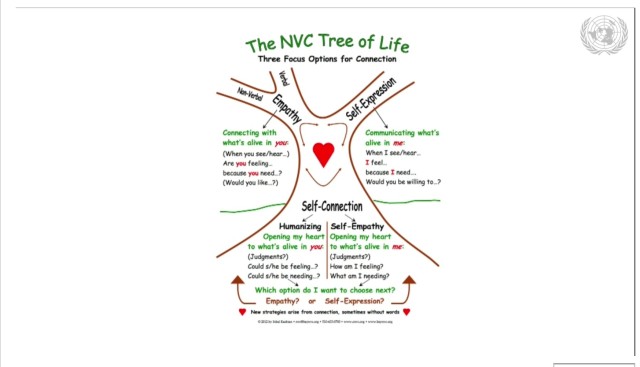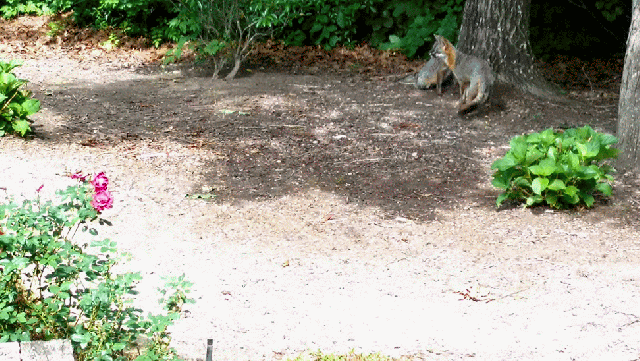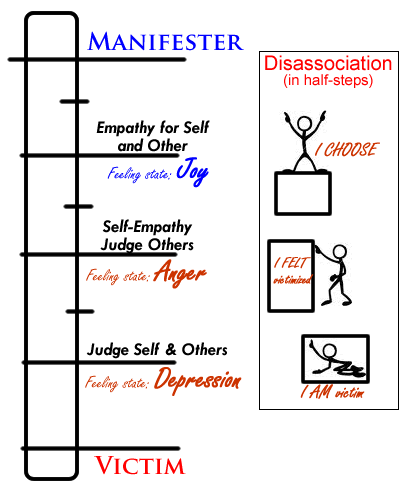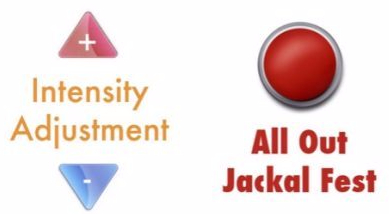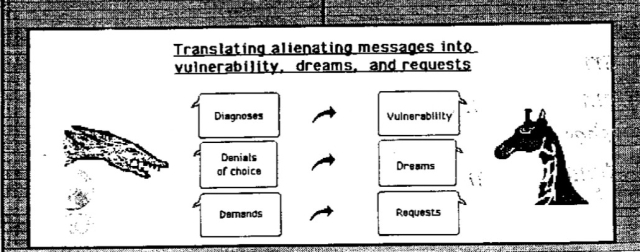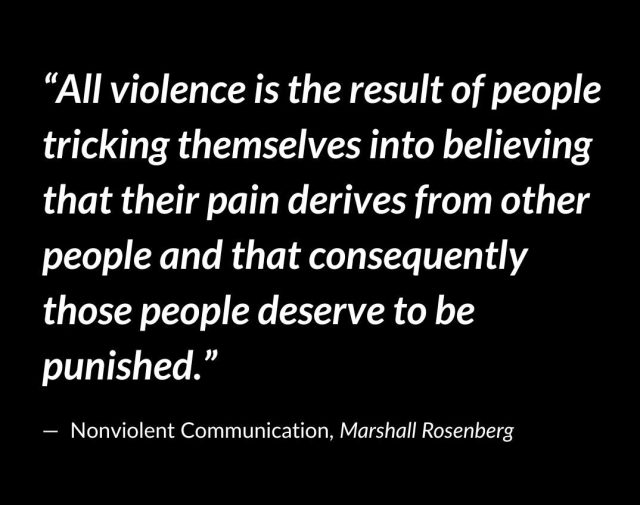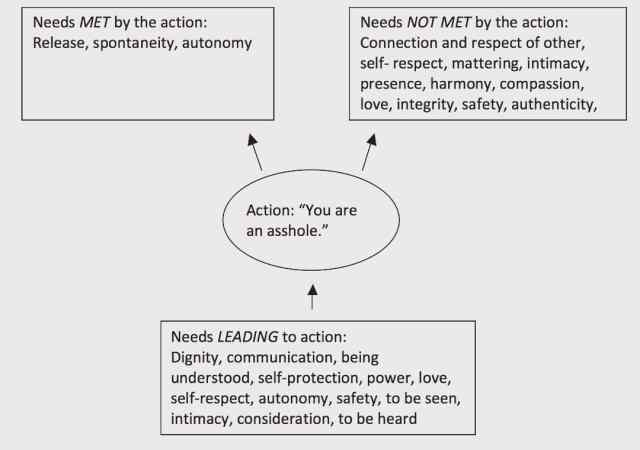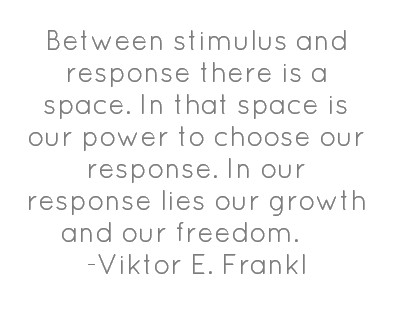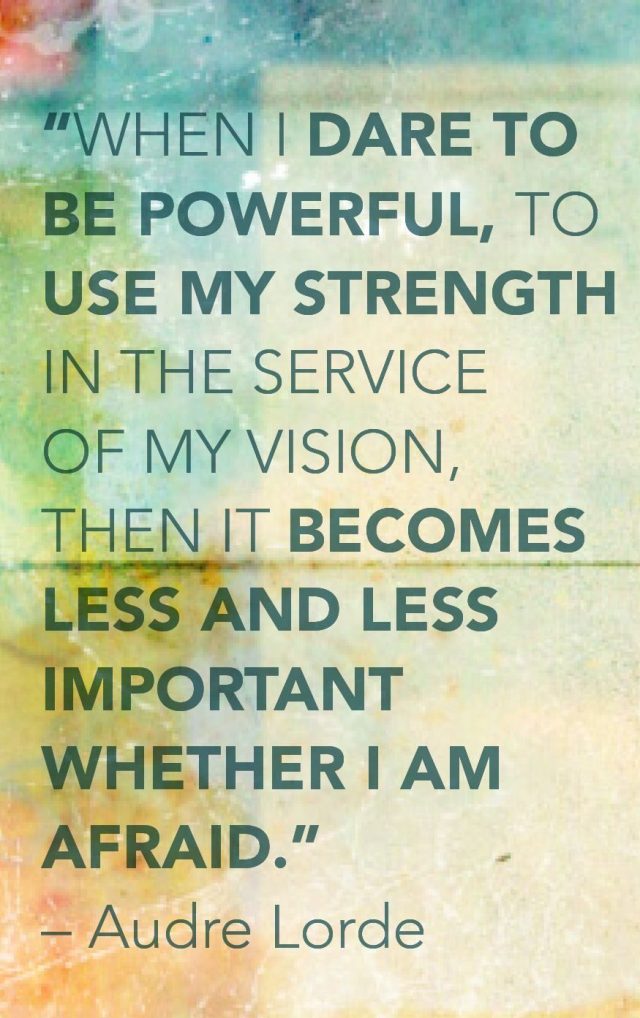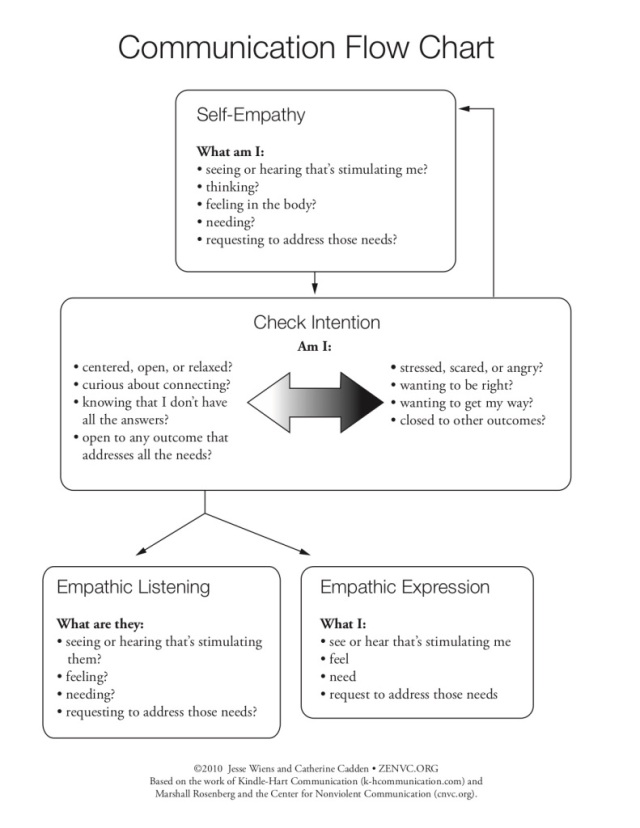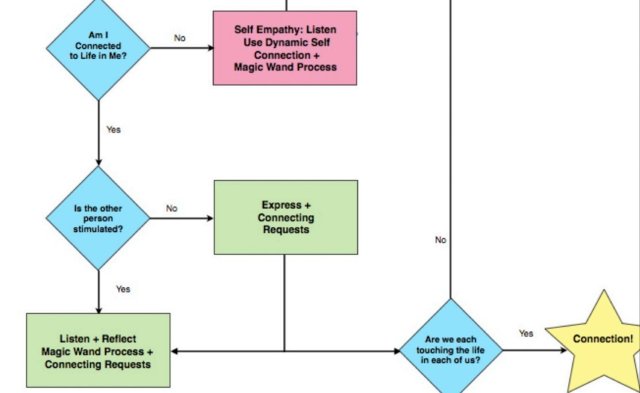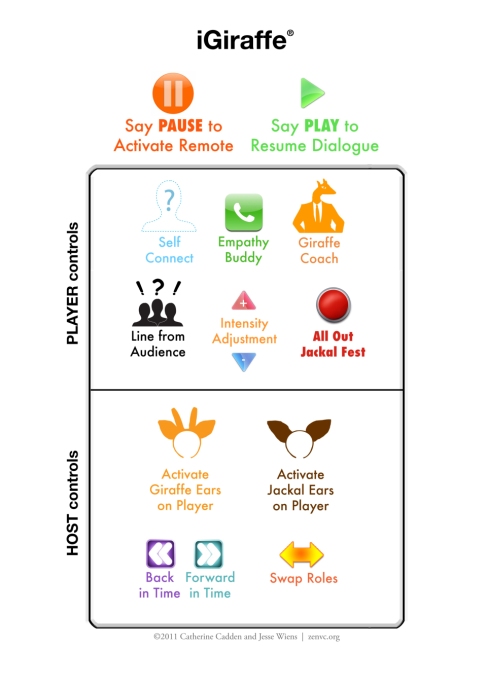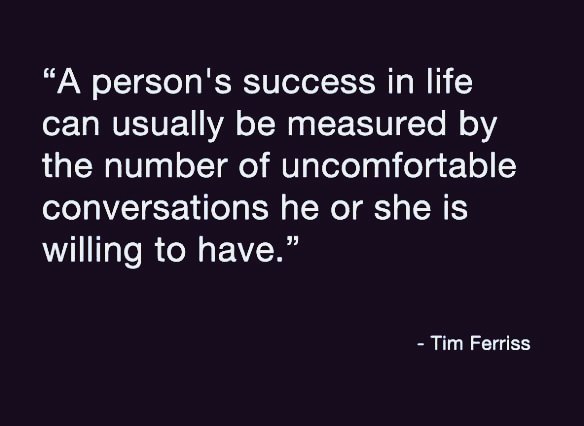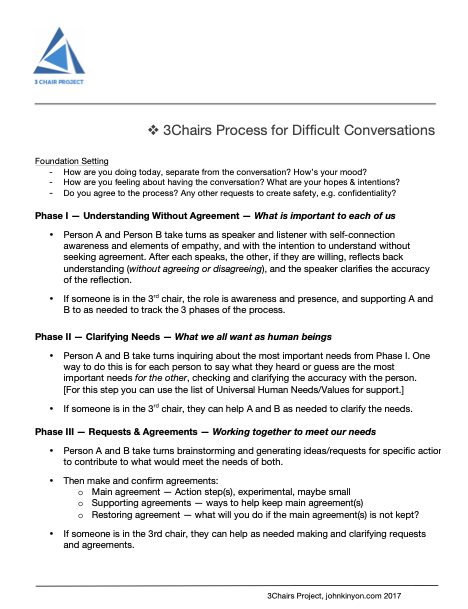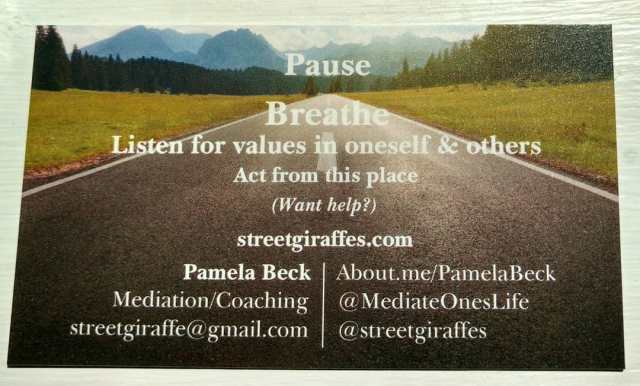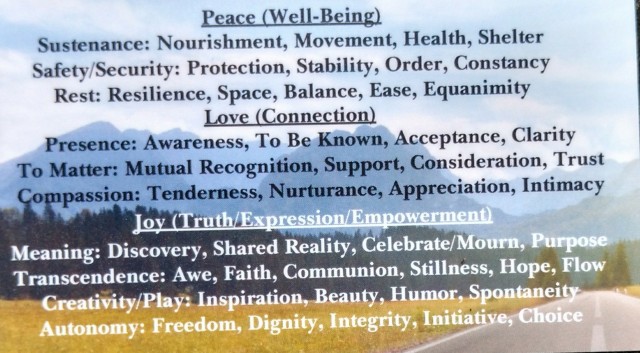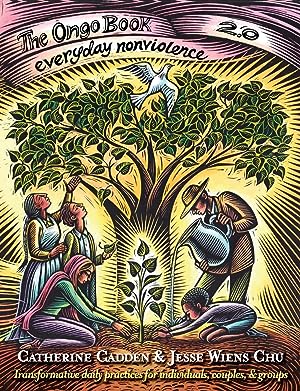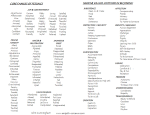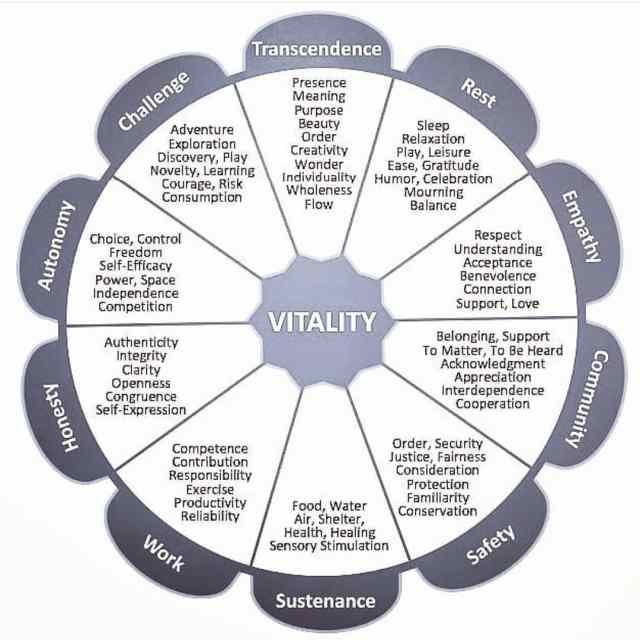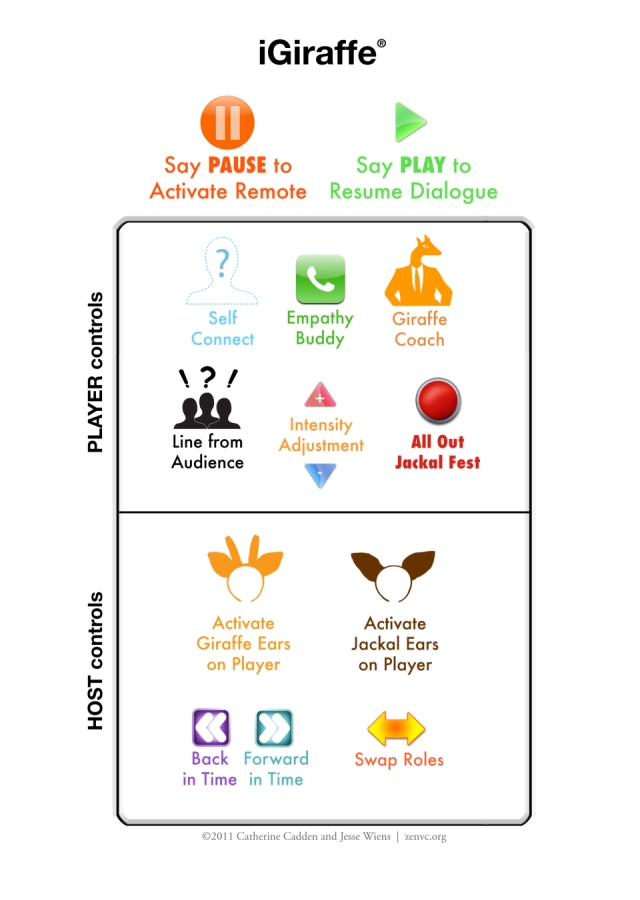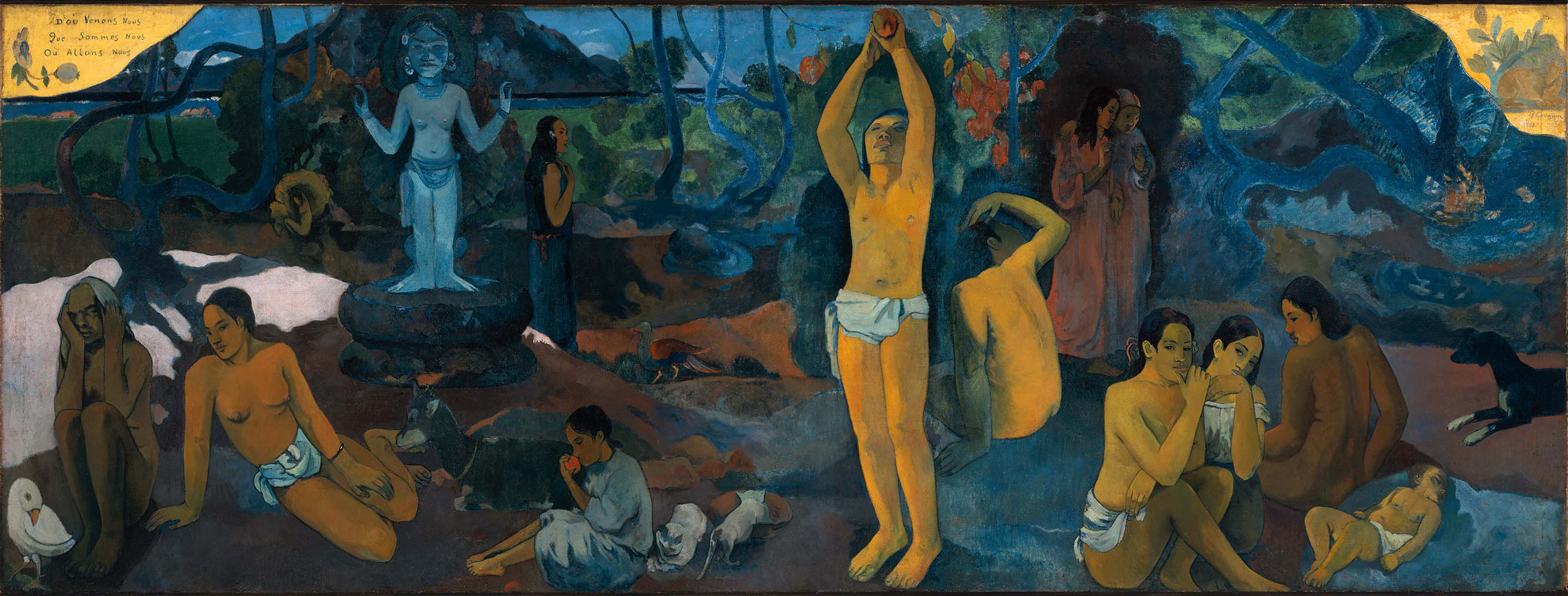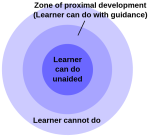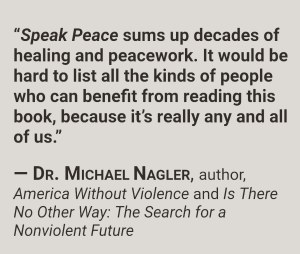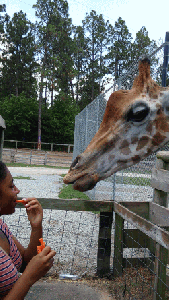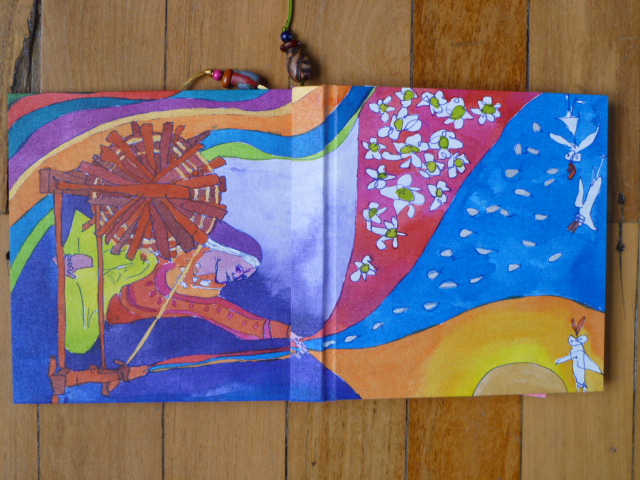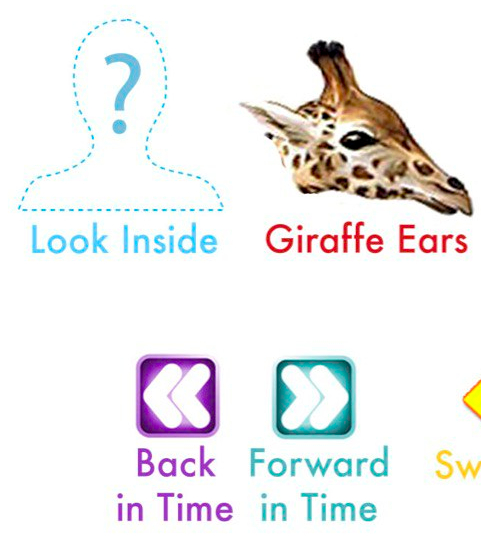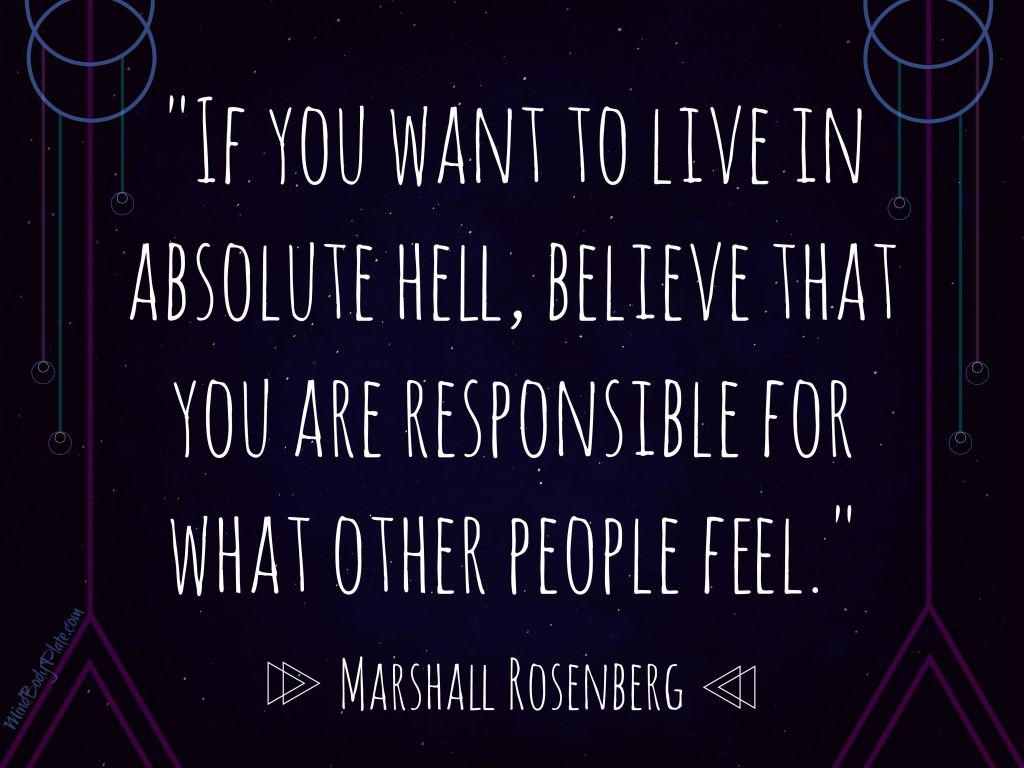The Long Arc of Commitment – Excerpt:
One option for how to use Commitments beneath:
(via The Fearless Heart: The Long Arc of Commitment)
Resources to Guide Our Choices
Ultimately, when integrated, the commitments can become a compass, an invitation and a way of shaping how we respond to situations in our lives. Recently, at a retreat I led in upstate NY, one woman, let’s call her Irene, told us that a friend of hers speaks about ongoing life difficulties at much greater frequency and length than Irene can be present for. This is an experience so many of us have had in one form or another. How do we respond to such a situation with integrity? We consulted the commitments, and saw how many different options they presented.
Focusing on “Responsibility,” for example, would lead Irene to be honest with herself about what she really wants, and find a way to let her friend know, make the necessary requests of her, and engage to find a solution that truly works for her.
Focusing on “Generosity” instead, she would work internally to remove all obstacles to choose to give her attention to her friend more fully.
Focusing on “Authenticity and Vulnerability” would lead Irene to remove all blame and protection, and to let her friend deeply into the depth of the dilemma she is facing, inviting compassion for herself while also caring for her friend.
Focusing on “Accepting What Is” would lead her to stretch to remove tension and resentment, to sink into her understanding that her friend’s speech is part of life, and release all expectation that things be different.
We saw how much having these commitments can be a way to remember that life is an ongoing and mysterious flow of one choice after another. There is never a “right” way to respond, no matter how habituated we are to believe there is. There is also never a choice that has no consequences. Whatever we do in any given situation affects us and those around us. There is no escape from our interdependence, from being part of life, shaping it and being shaped by everything around us. And we never lose choice, and our options almost always are wider than we imagine.
Core Commitments
RELATING TO MYSELF
Openness to Myself: even when I act in ways I really don’t like, I want to keep my heart open to myself. If I find myself in self-judgment, I want to seek support to reconnect with myself and hold with compassion the needs that motivate my actions.
Openness to the Full Emotional Range: even when my feelings are uncomfortable for me, I want to stay present with myself and keep my heart open to the fullness of my emotional experience. If I find myself contracting away from my experience, numb or shut down, I want to seek support to release defendedness and open to what is.
Risking My Significance: even when I am full of doubt, I want to offer myself in full to the world. If I find myself thinking that I am not important or that my actions are of no significance, I want to seek support to come back to my knowledge that my presence and my gifts matter.
Responsibility: even when overwhelmed with obstacles or difficult emotions, I want to take full responsibility for my feelings, my actions, and my life. If I find myself giving my power away to other people, larger forces, or analytic categories such as my past or any labels I put on myself, I want to seek support to find the core source of choice within me to live as I want and ask for what I want.
Self-Care: even when I am stressed, overwhelmed, or in disconnection, I want to maintain my commitments to my well-being, and take actions that nourish my life. If I find myself letting go of strategies that I know contribute to my life (such as exercise, eating as I want, receiving support and empathy as needed, enjoyable activities, or anything else that I know works for me), I want to seek support to ground myself in the preciousness of my own life and my desire to nurture myself.
Balance: even when I am drawn to overstretching myself (including towards any of these commitments), I want to remain attentive to the limits of my capacity in any given moment. If I find myself pushing myself, I want to seek support to honor the natural wisdom of my organism and to trust that remaining within my current limits will support me in increasing my capacity over time.
ORIENTING TOWARDS OTHERS
Loving No Matter What: even when my needs are seriously unmet, I want to keep my heart open. If I find myself generating judgments, angry, or otherwise triggered, I want to seek support in transforming my judgments and meeting others with love.
Assumption of Innocence: even when others’ actions or words make no sense to me or frighten me, I want to assume a need-based human intention behind them. If I find myself attributing ulterior motives or analyzing others’ actions, I want to seek support to ground myself in the clarity that every human action is an attempt to meet needs no different from my own.
Empathic Presence: even when others are in pain, disconnected from themselves, expressing intensity, or in judgment, I want to maintain a relaxed presence with their experience. If I find myself attempting to fix, offering advice, doing mechanical empathy, or turning my attention elsewhere, I want to seek support to regain my faith in the transformative power and the gift of just being with another.
Generosity: even when I am afraid or low-resourced, I want to keep reaching out to offer myself to others and respond to requests. If I find myself contracting in fear and unwilling to give, I want to seek support to release any thoughts of scarcity and embrace opportunities to give.
INTERACTING WITH OTHERS
Authenticity and Vulnerability: even when I feel scared and unsure of myself, I want to share the truth that lives in me with others while maintaining care and compassion for others and for myself. If I find myself hiding or protecting, I want to seek support to embrace the opportunity to expand my sense of self and transcend shame.
Availability for Feedback: even when I want to be seen and accepted, I want to make myself available to receive feedback from others in order to learn and grow. If I find myself being defensive or slipping into self-judgments, I want to seek support to find the beauty and gift in what is being shared with me.
Openness to Dialogue: even when I am very attached to a particular outcome, I want to remain open to shifting through dialogue. If I find myself defending a position or arguing someone else out of their position I want to seek support to release the attachment, connect with my needs and the needs of others, and aim for mutually supportive strategies to emerge out of connection with needs.
Resolving Conflicts: even when I have many obstacles to connecting with someone, I want to make myself available to work out issues between us with support from others. If I find myself giving up on someone, I want to seek support to remember the magic of dialogue and entrust myself to the process of healing and reconciliation to restore connection.
RELATING TO LIFE
Interdependence: even when I experience separation or deep isolation, I want to open my heart to the fullness of the interconnectedness of all life and to cultivate awareness of the countless ways that our actions and experiences affect each other. If I find myself retreating into self-sufficiency, separation, or mistrust in my own gifts or those of others, I want to seek support to remember the beauty and relief of resting in interdependence, including the many ways each of our lives depends on the gifts, actions, and efforts of others.
Accepting What Is: even when change happens (welcome or unwelcome, small or large), things fall apart, people don’t come through, or calamities take place in the world, I want to remain open to life. If I find myself contracting away from life or drawn to ideas about what should happen, I want to seek support to find a sense a peace with unmet needs, and to choose responses and actions from clarity about how I want to interact with and respond to life.
Celebration of LIfe: even when I am faced with difficulties, personal, interpersonal, or global, I want to maintain an attitude of appreciation and gratitude for what life brings me. If I find myself becoming cynical or experiencing only pain and despair, I want to seek support to connect my heart with the beauty and wonder that exists in life even in the most dire circumstances.
Nonviolent Struggle : even when afraid of consequences, I want to be ready to struggle with others in support of transforming social structures using nonviolent means to create a world that embraces everyone’s needs. If I find myself retreating into the comfort of my life or developing anger or hatred towards those whose actions I want to transform, I want to seek support to bring my intention back to maintaining love and care for the humanity and dignity of everyone and using the least amount of force necessary to support an ultimate solution that works for all.
Bonus Entry: Using the Commitments
Miki Kashtan introduced this document in August 2012 in her post “The Long Arc of Commitment.” As of January 2013, she is writing a series of posts on each commitment at the Metta Center’s Nonviolence For Daily Living blog. In the introduction to the series, she writes:
Each entry in this series will introduce one of the commitments and offer a concrete practice to help integrate it into your life. At the end, a final entry will reflect on the paradoxes raised by having “commitments” and how we can create balance and softness in our lives at the same time as we maintain our central focus on nonviolence.


